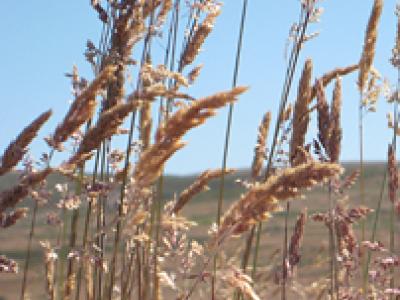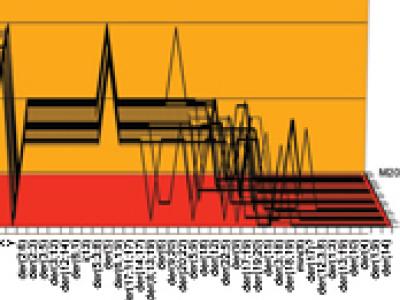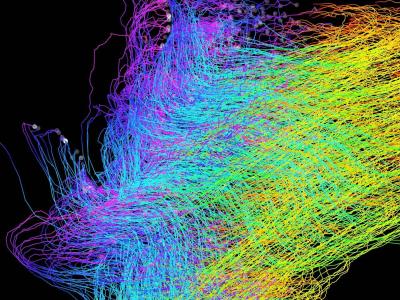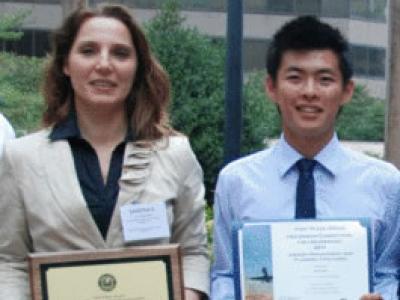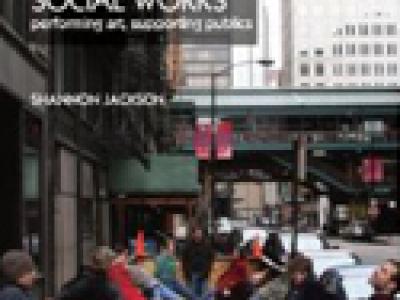Nuclear science meets social science in novel summer program
A summer school program designed to improve the social scientific literacy of nuclear engineers will use Japan’s Fukushima Daiichi nuclear crisis as a case study. The six-day program, to be held in Berkeley from July 31 to Aug. 5, is being organized by faculty at UC Berkeley and the University of Tokyo.


